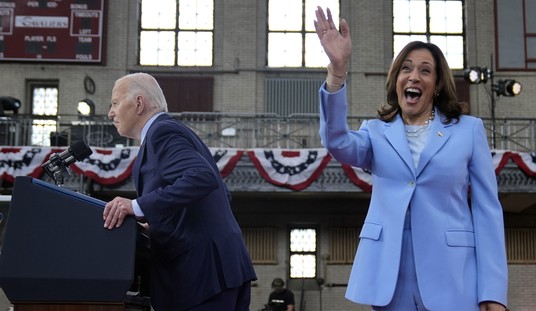Michael Totten looks ahead in Iraq. He reports that some people believe that Iraqi civil society is still on training wheels and that when the US leaves or withdraws into its enclaves, all the old bad habits will re-emerge.
Iraqis who think the job should only require a few more years are still pessimistic about what they think is likely to happen when the negotiated Status of Forces Agreement goes into effect and American troops withdraw from Iraqi cities in 2009. “We’ve seen hell,” an Iraqi intelligence source said when I met him in his house. “And that hell, if the American forces evacuate, will repeat. If Obama forces an evacuation from Iraq soon, everything will turn against him in this land.”
But some Americans Totten has spoken to says the end goal can never be perfection, simply improvement. They argue American efforts in Iraq have provided the basis for ‘good enough’.
I spoke to Captain AJ Boyes at Combat Outpost Ford on the outskirts of Sadr City. His company did more of the fighting in Sadr City back in the spring than any other, but he stresses that the Iraqi Army took and holds 75 percent of Sadr City all by itself. He isn’t nearly as gloomy about the future in this country as some of the others I spoke to. Though he considers himself a realist, he sounded to me like an optimist.
“If we take a snapshot of Iraqi politics, security, and governance right now in 2008,” he said, “and come back two generations from now and compare them side-by-side, I think we’ll see a huge difference. And will it be for better or for worse? I think it will be almost entirely better.”
I suspect he is probably right. Fifty years is a long time. By then the insurgency period of Iraq’s history will be as distant as King Faisal’s era is now. But what about the short and medium term? Everyone who makes policy decisions in Iraq should be far more concerned with what the country might look like in one year than in fifty.
“Will it get worse in one year?” I said to Captain Boyes. “That’s the big question.”
“Well, yes,” he said. “It will. Any time something new happens in a counterinsurgency, when there are new security forces, there is an immediate spike in violence because the insurgents are testing the ability of the new element. When we leave and transition all of what we do now to the Iraqi security forces, will there be a spike in activity? Absolutely. One hundred percent.”
Read the whole thing. Donald Rumsfeld used the analogy of training bicycle to describe what he was attempting to do in Iraq. The training bicycle analogy was superseded — but not entirely — by the concept of the Surge, which was to provide enough momentum for the rider to get the dynamic stability to get on the bike. When the Americans wind down, the Iraqi bicycle will flatten out at the bottom of the hill. Will they stay on as the bike slows and possibly wobbles? Stay tuned.









Join the conversation as a VIP Member